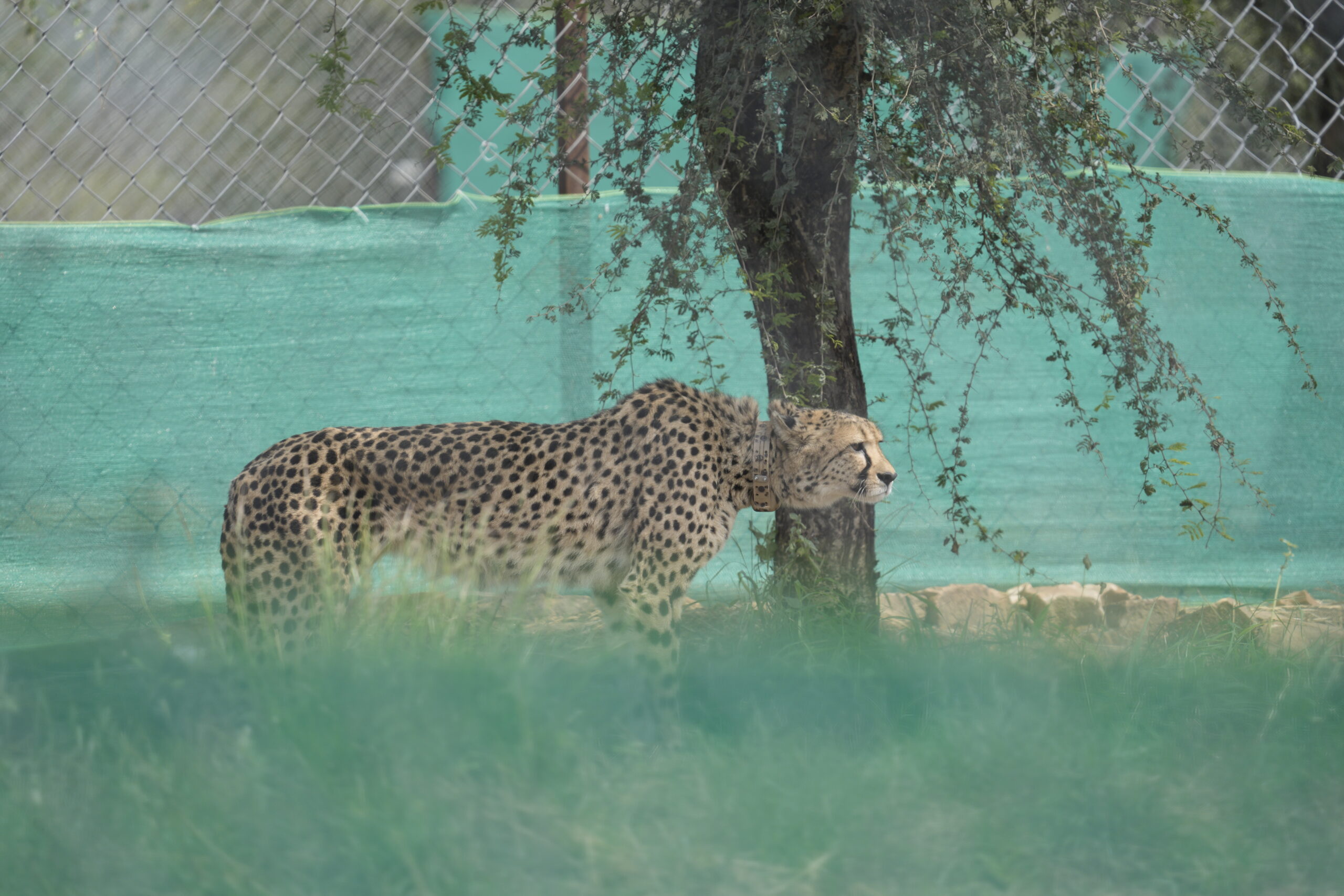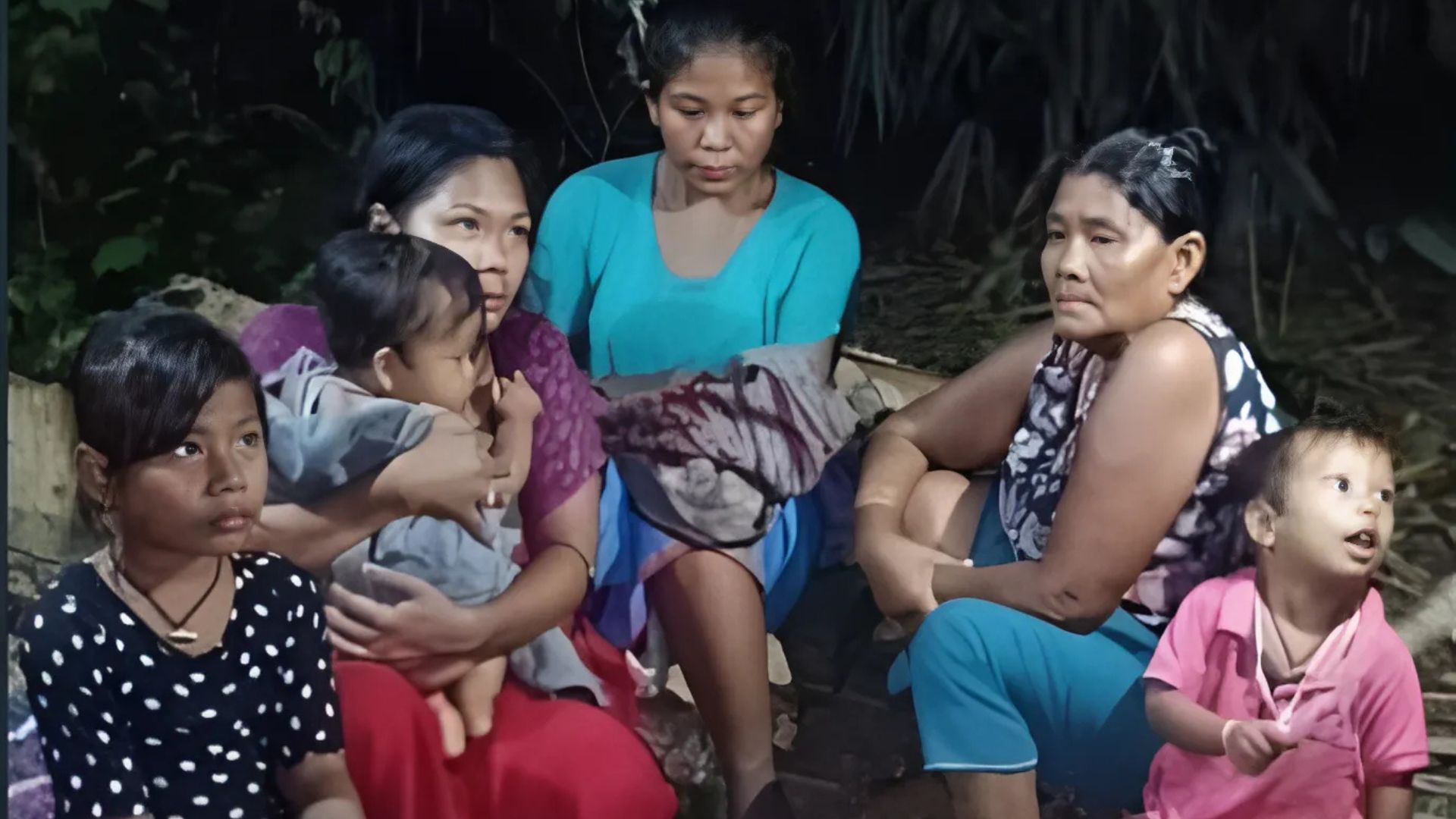All 12 Cheetahs that were brought from South Africa to the Kuno National Park in Madhya Pradesh in February of this year were successfully transferred from quarantine to larger acclimatization enclosures on Tuesday after receiving official clearance, according to SP Yadav, the director of Project Cheetah.
In a conversation with media Yadav said that the Animal Quarantine and Certification Service has granted the necessary approval. Animal Quarantine and Certification Services (AQCS) at the Centre issued a final “No objection Certificate” to the Ministry of Environment, Forestry, and Climate Change.
The animals were quarantined at approved enclosure of Kuno National Park in Madhya Pradesh for 30 days according to the no-objection certificate issued by AQCS and “based on the routine observation and test reports (negative), the Cheetah are found free from any infectious disease”. AQCS stated “Final No Objection Certificate is accorded,”
On April 18, all 12 of the animals brought from South Africa to Kuno National Park were successfully discharged from quarantine and transferred to larger acclimatization enclosures after receiving official approval.
Following the signing of a Memorandum of Understanding (MoU) on collaboration in the reintroduction of Cheetahs in India to build a viable animal population in the Asian nation, South Africa sent twelve of them to Kuno National Park in Madhya Pradesh on February 18.
On September 17, 2022, Prime Minister Narendra Modi released eight animals his government brought from Namibia. These animals were released on the occasion of PM Modi’s birthday. One of the Cheetahs had died recently due to illness. All of the animals have radio collars, and satellite monitoring is in place. In addition, a dedicated monitoring staff continuously keeps watch over the location.
Project Cheetah: MoU terms are to be reviewed every five years.
After the reintroduction of 12 animals earlier this February, it is intended to relocate 12 more each year for the next 8 to 10 years. The MoU on the reintroduction of Cheetahs to India promotes conservation, ensures that knowledge is exchanged and capacity is established to support their conservation, and encourages cooperation between both sides to establish a sustainable and secure cheetah population in India.
The reintroduction of wild species in India, specifically cheetahs, is being carried out under the ambitious Project Cheetah initiative of the Indian Government in accordance with IUCN recommendations.
Kuno National Park: Another feather in India’s cap of wildlife conservation
Project Tiger, one of the most effective efforts to conserve wildlife, was started back in 1972 and has helped to preserve not only tigers but also the entire ecosystem. The Maharaja of Koriya hunted the final three cheetahs in Chhattisgarh in 1947–1948, and the final animal was also spotted during this time. The Modi administration brought back these animals to Kuno National Park after nearly 75 years since the Indian government declared them extinct in 1952.


















